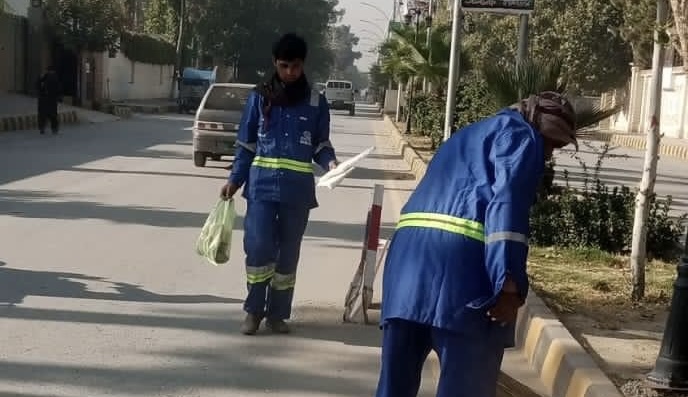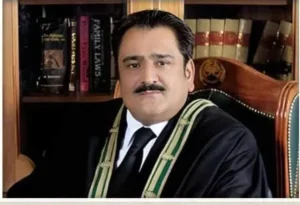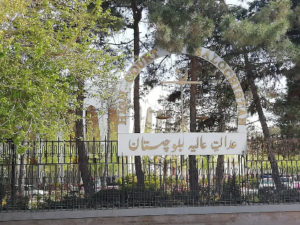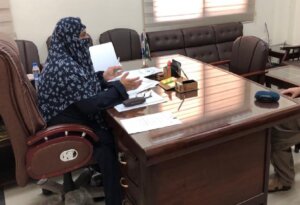Dr. Faisal Ahmed Khan:
Quetta, like many cities in Pakistan, has long struggled with ineffective solid waste management. While outsourcing waste management services has proven successful globally—seen in cities like New York, London, and Hyderabad—its implementation in Quetta has faced severe resistance from entrenched beneficiaries of the flawed system.
The Quetta Municipal Corporation (MCQ) has been plagued by inefficiencies, including ghost employees and mysterious equipment inventories. Despite having over 1,600 daily wagers on its payroll, only about 400 were active, with many ghost workers benefiting corrupt elements within the system. In 2023, key government departments decided to tackle this issue through the Public-Private Partnership (PPP) model, ultimately selecting a consortium of private companies, including Ghulam Hussain & Sons Pvt Ltd, Clean Universe Eco Pvt Ltd, and Quetta Waste Management Company Pvt Ltd, to lead the city’s waste management.
The initiative officially launched on August 14th in Satellite Town, a particularly challenging area of Quetta. Despite numerous physical and social obstacles, the project has made significant strides in waste collection and drain desilting, winning the support of local residents. Under this PPP model, the government will pay up to PKR 900 million annually, a much lower cost compared to MCQ’s previous PKR 2 billion expenditure.
The project will be citywide by the end of December 2024. While resistance from the old system continues, Safa Quetta stands as a symbol of hope and resilience, with a firm commitment to transforming the city’s waste management.






